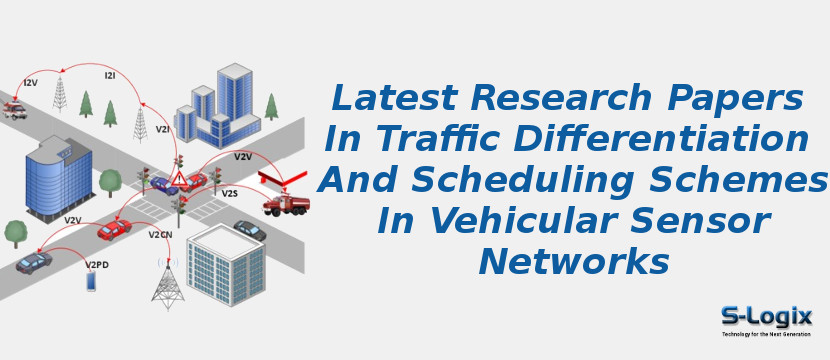Recent research in traffic differentiation and scheduling schemes for Vehicular Sensor Networks focuses on prioritizing diverse data types such as safety messages, infotainment traffic, and environmental sensing data to ensure efficient bandwidth utilization and timely delivery. Advanced scheduling algorithms are designed to differentiate traffic based on urgency, size, and network conditions, enabling dynamic allocation of transmission slots to minimize delay and packet loss. Researchers are leveraging machine learning and reinforcement learning models to adapt scheduling decisions in real time according to vehicle density, channel congestion, and mobility patterns. Cross-layer optimization and adaptive queuing mechanisms are also employed to enhance Quality of Service (QoS) while maintaining fairness among competing data flows. These innovations collectively improve network performance and reliability, ensuring that critical vehicular communication requirements are met even in highly dynamic and dense traffic environments.
